The facts about sectioning under the Mental Health Act
- Published
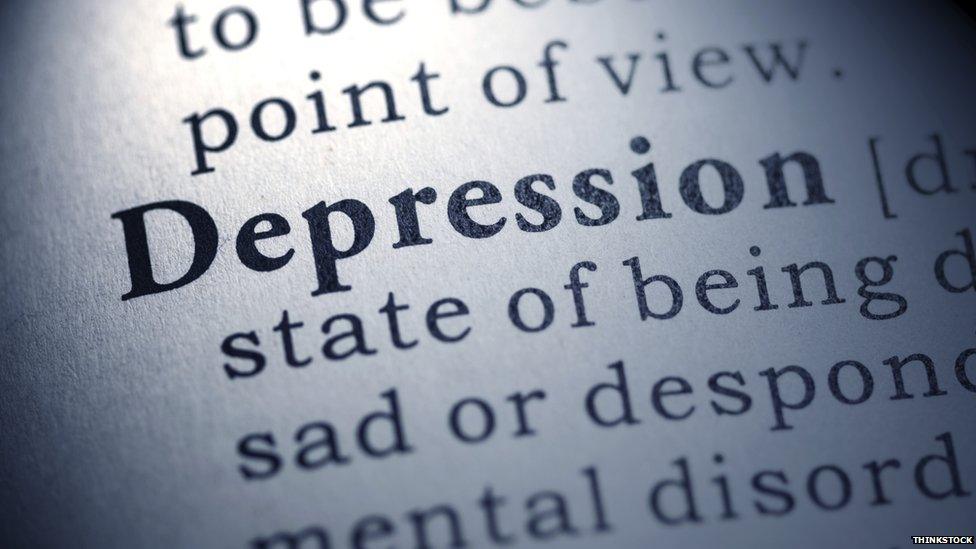
When 26-year-old Jenny was sectioned under the Mental Health Act, she says she felt scared, alone and "terrified she'd never be let out".
The act was used more than 50,000 times last year - an increase of 30% over the last decade, and more than 4,000 of those detained were aged between 18 and 24.
But what exactly is sectioning and how does it work?
Alison Fiddy from the mental health charity Mind explains the facts.

What is sectioning?
Being sectioned means that you are kept in hospital under the Mental Health Act 1983, external - a piece of legislation that covers the treatment, assessment and rights of those with mental disorders.
You can be sectioned if your own health or safety are at risk, or to protect other people.
"Sectioning is a legal process which allows people to be detained in hospital where they're not prepared to go in as a voluntary patient or informally," says Ms Fiddy.
"It's a process that allows you to be detained without consent."
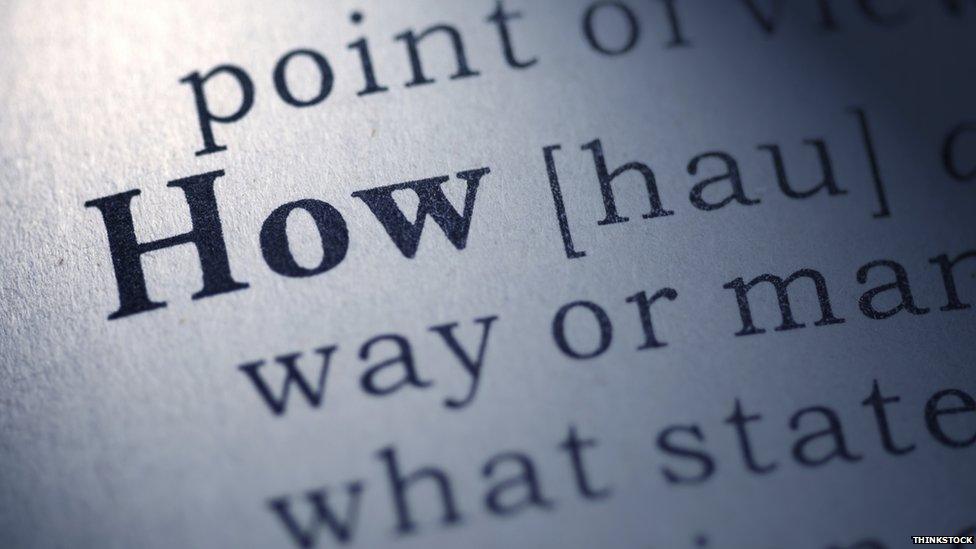
Under what circumstances would you be sectioned?
There's specific criteria in place for people to be sectioned and you can be sectioned under different parts of the Mental Health Act.
The word "sectioning" comes from the fact that you are admitted to hospital under a particular section of the act.
What are those sections?
The parts of the act that are most commonly used are section 2 and section 3. Under section 2 you can be detained if:
You have a mental disorder
You need assessment and possibly medical treatment
It's necessary for your own health or safety or for the protection of other people
You can be detained for up to 28 days.
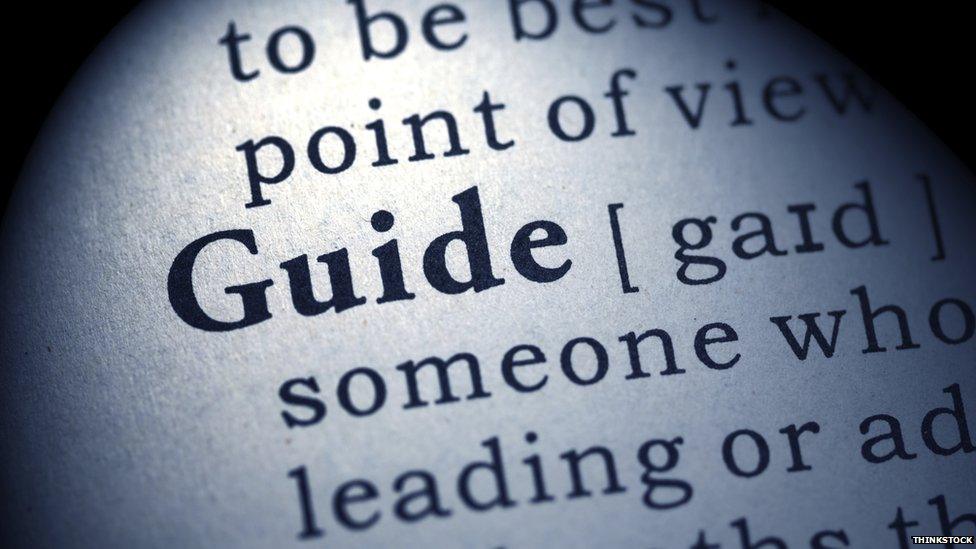
The above points also apply to section 3 - this part is also about the treatment you need. Under section 3:
Treatment can't be given unless you are detained in hospital
You can be detained for six months for the first time, six months for the second time and, after that, for 12 months at a time
There is no limit to the number of times the responsible clinician can renew it
Under section 3 the doctors must agree that appropriate treatment is available for you.
Who decides whether or not you should be sectioned?
"It requires an assessment to be undertaken by someone called an approved mental health practitioner. They might be a social worker or a nurse or a psychologist," says Ms Fiddy.
"It also requires two doctors to assess you.
"You're interviewed as part of that process by the approved mental health practitioner and you're assessed by the doctors and they decide whether or not you require inpatient admission."
Is it only an approved mental health practitioner who can recommend sectioning?
Although it is more common for a mental health practitioner to make the application for someone to be sectioned, you can also be recommended by someone close to you.
This person could be your partner, you parents or your siblings.
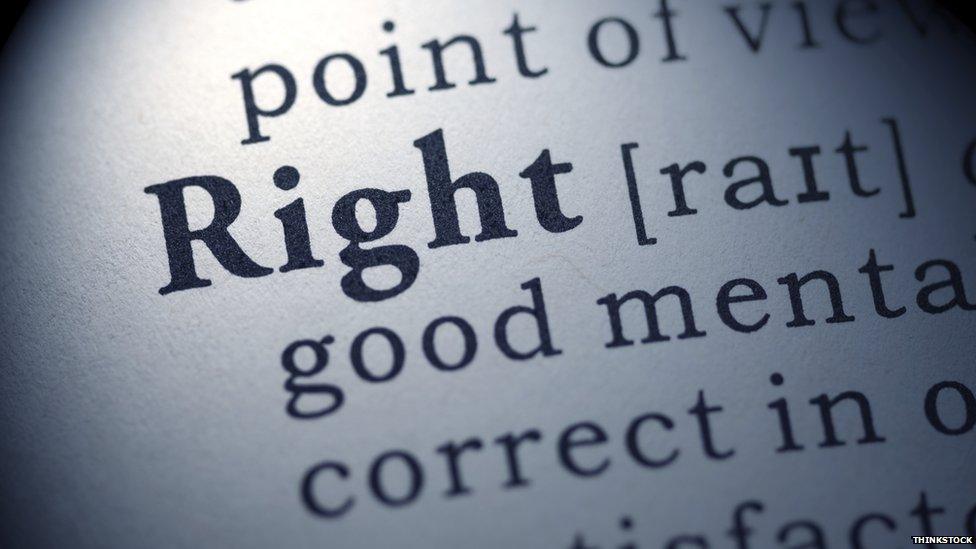
What are your rights?
You don't have a choice in being sectioned but you can apply to be discharged from hospital if you think you're ready.
This can be done by applying to the Mental Health Tribunal, external.
But the final decision is made by either a responsible clinician - the person who has overall responsibility for your care in hospital or it's made by a hospital manager - who is responsible for the legality of your detainment.
They'll assess whether you're well enough and if you still require ongoing treatment.
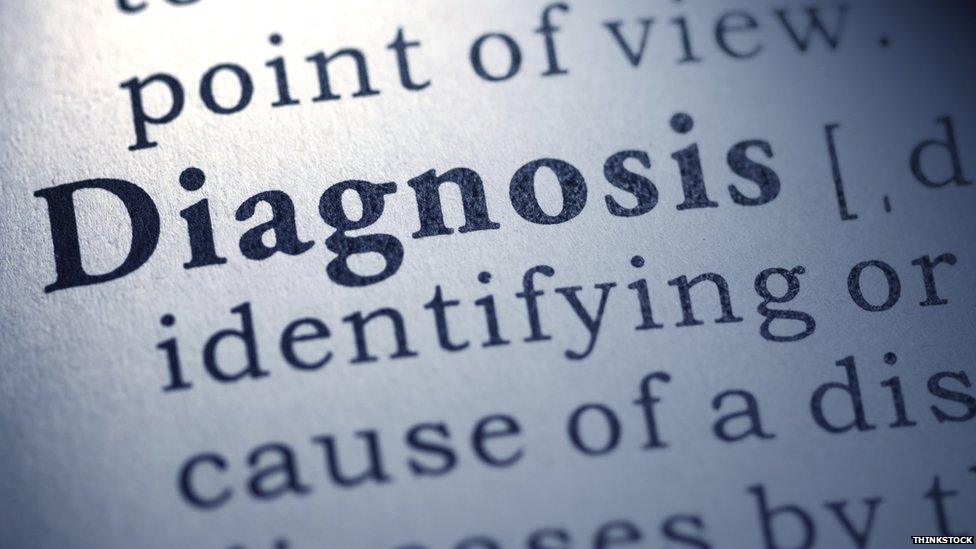
Can you appeal against the decision to be sectioned?
Although you can't oppose your sectioning at the time it's happening, you can appeal to the Mental Health Tribunal and everyone who is sectioned is entitled to free legal aid.
Ms Fiddy says this is an important safeguard for people who are sectioned.
"We're not in a position where people who have more money or less money are actually at an advantage or disadvantage."
For help and support on mental health, check out the BBC Advice pages.
Follow @BBCNewsbeat, external on Twitter, BBCNewsbeat, external on Instagram, Radio1Newsbeat, external on YouTube and you can now follow BBC_Newsbeat on Snapchat